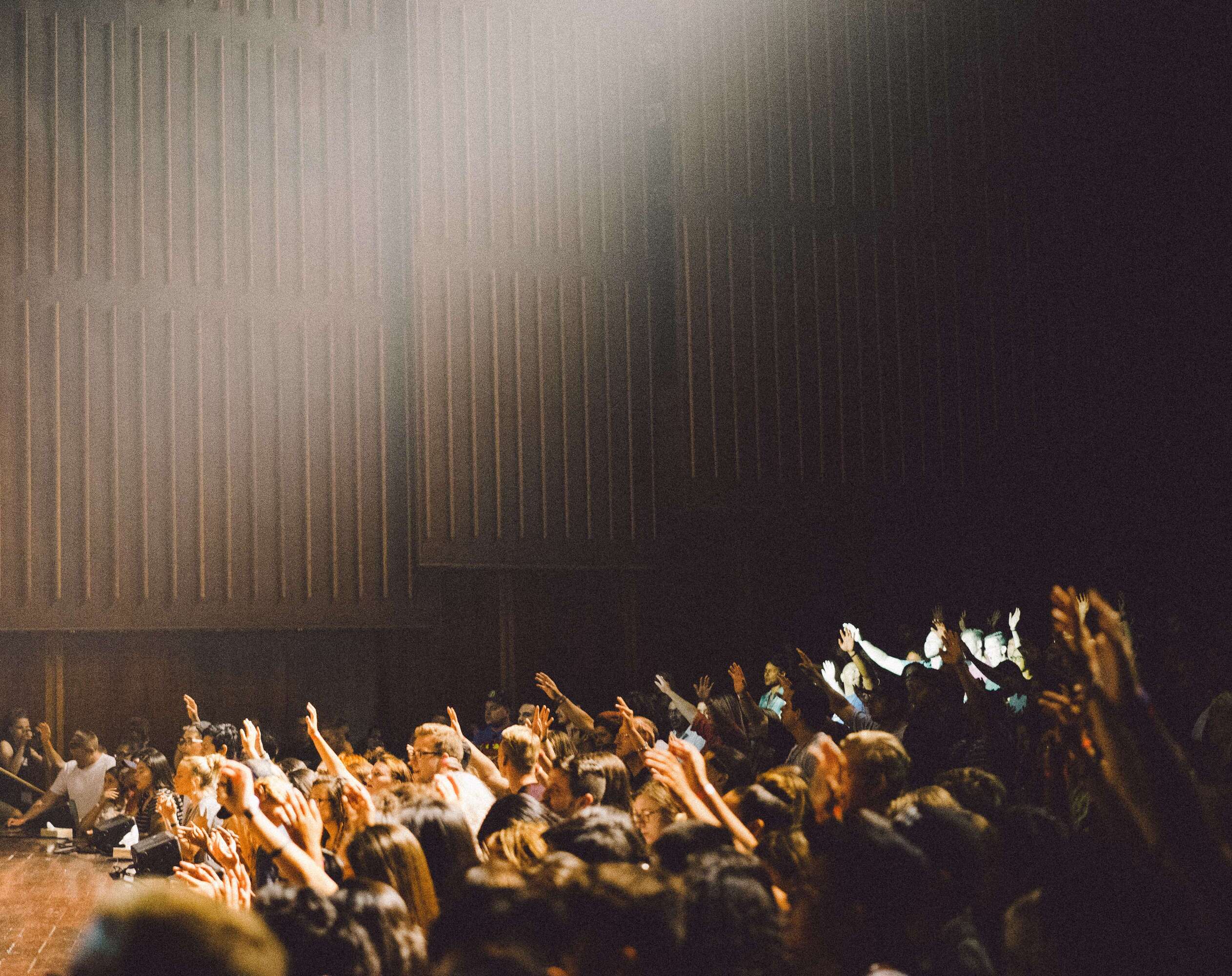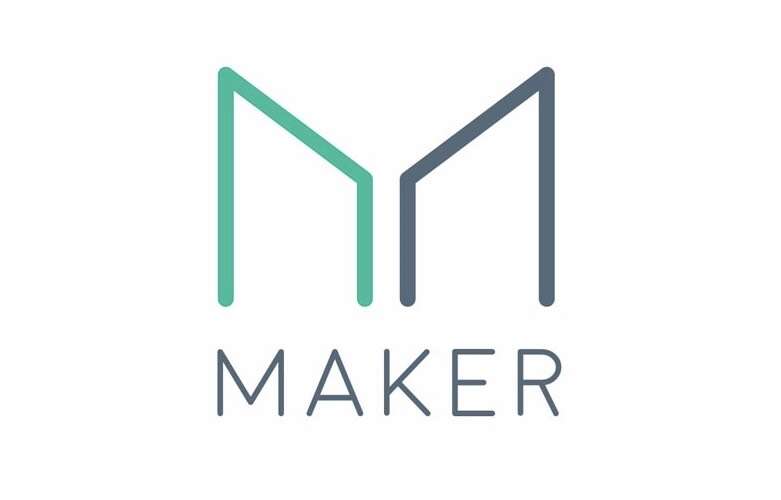DAOs: CENTRALISATION ISSUES

DAOS: CENTRALISATION PROBLEMS
The evolution of voting systems within DAOs (Decentralised Autonomous Organisations) and the development of external tools to manage proposals in a transparent and efficient manner allowed to delegate voting to third parties, such as colleagues, friends or family members, or even institutional entities, who vote in the interest of the 'delegator' in return for a reward.
The institutions involved in this business, were initially born within universities, where to the blockchain student associations were delegated the voting power by private investors or venture capitalists, subsequently turning into real businesses.
The rewards, usually automated by smart contracts, can come in many forms, and although fiat currencies are allowed, these payments often take the form of the cryptocurrency that is part of the protocol in which voting is delegated; this tool was cleverly created for investors, as they lack time and resources to analyse the large number of proposals made on DAOs every day.
Similarly, the same problem was already present even before the emergence of DAOs, within traditional companies, where minority shareholders abstained from voting due to the excessive use of resources in relation to the capital invested.
In DAOs, by contrast, all token-holders have the right to vote.
However, a further problem remains.

THE PRINCIPAL-AGENT DILEMMA AND MAKER DAO'S CASE
The first obstacle arises when an individual or organisation accumulates too much voting power within a DAO, as it is delegated by a large number of minority shareholders or a few majority shareholders.
Very often, priority is given to those who prove to be most active in the governance of a DAO; on the other hand, the decentralisation of the DAO serves above all to ensure the representation of all parties.
In fact, a further problem arises when token-holders, disinterested in the governance of the DAO, vote in their own interest, impeding the representation of all parties.

This issue arose recently within the governance of MakerDAO, with the 24 October 'Endgame Prelaunch MIP Set' proposal submitted by DAO founder Rune Christensen. The radical proposal aims to fundamentally change the functioning of MakerDAO by splitting it into several smaller MetaDAOs with complete freedom of investment. The aim is to address the decentralisation, efficiency, and censorship deteriorated with the growth of the DAO, which today has more than $8 billion in resources.
A position was taken by the Blockchain Society of the London Business School, which, after voting against the project, explained that the subdivision of the DAO would negatively affect the volatility of the DAI (MakerDAO's cryptocurrency) and suggested other methods to improve the organisation's efficiency.
In addition to the controversy of the proposal, even more criticised was the way it was approved. In particular, the proposal passed with 80% of the votes in favour, but 74% came from delegates representing the founder and the one who presented the Endgame proposal!
All this certainly reflects a problem for the decentralisation and democracy that 'decentralised' organisations hope to guarantee.

THE SOLUTION? OUR DAO EVALUATION ALGORITHM
The algorithm that First Personal Coin has developed, evaluates DAOs on 3 major areas: Governance, Treasury, Community.
The area of Governance, includes metrics that consider the method by which the proposal and voting process is developed and factors concerning attendance. In fact, one of the elements on which we evaluate DAOs, is the presence of coalitions of token-holders or majority delegates, which may influence the vote in an excessively decisive way.
Our politically neutral algorithm aims to ensure the interests of all investors are protected and the functioning of the DAO is optimised. More simply, the tool we offer is useful, firstly, to direct investors into DAOs where their interests will be best protected, and secondly, to disincentivise founders from keeping too much power over the development of DAO.
In the case of MakerDAO, after numerous positive aspects that position the DAO at a good level, the way the Endgame vote took place leads us to downgrade MakerDAO on this front. Our judgement, neutral on the content of the proposal, is that founder Rune Christensen used his influence to secure approval of a proposal he submitted, without respecting the opinion of the community.
Such events go against the purpose of DAOs, and the over-concentration of power in an individual's hands is not to be left unnoticed.